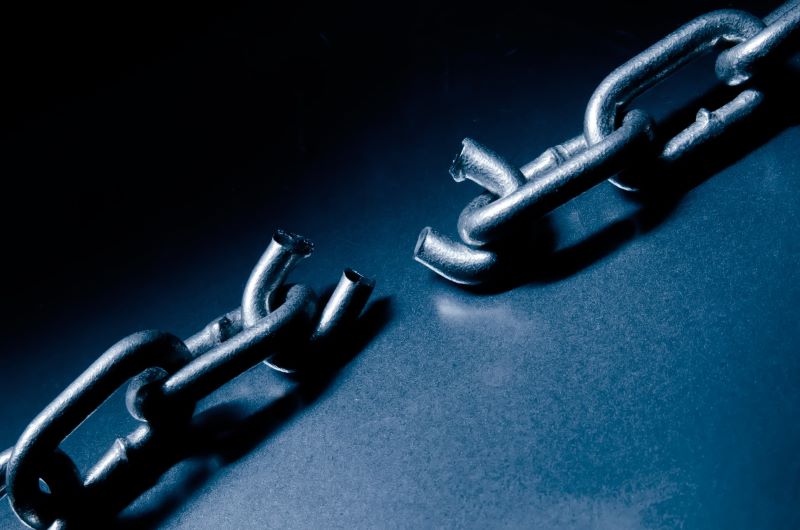Equipping professional accountants for sustainability
The International Federation of Accountants has developed a concise resource to guide accounting professionals and...
READ MORE
A Sydney man has been disqualified from practising as a registered liquidator for a period of 10 years in a landmark case for the ATO.

David Iannuzzi has been stripped of his liquidator registration following a case that saw the Tax Office initiate Federal Court proceedings using Corporations Act provisions for the first time to take on the facilitators of schemes designed to avoid paying tax.
The Federal Court found that Mr Iannuzzi, as the sole director of Veritas Advisory Pty Limited, had been systemically negligent in his responsibilities as a liquidator over an extended period of time and across more than 23 companies.
The Court also found that Mr Iannuzzi’s systemic conduct “was certainly reckless”; it fell very far short of the conduct that was to be expected of him; it demonstrates that he failed to observe the obligations of candour on him with regard to disclosing relevant circumstances to creditors; and it demonstrated that “he is not a fit and proper person to remain registered as a liquidator”.
ATO assistant commissioner Aislinn Walwyn welcomed the Court’s ruling, explaining that the ATO will take firm action to hold facilitators of illegal phoenix activity to account and take steps to remove them from the business environment where they have acted negligently.
“Our taxation and superannuation systems rely on the integrity of industry professionals, including insolvency practitioners,” Ms Walwyn said.
Illegal phoenix activity is when a company is deliberately liquidated, wound up or abandoned to defeat creditors, leaving its debts behind. Its assets are shifted to the controllers or to a new entity that begins trading, often under a similar name.
“Illegal phoenix activity affects the whole community. It rips off creditors and employees and reduces the amount of revenue that could be collected to fund essential community services,” Ms Walwyn said.
A report by PricewaterhouseCoopers in 2018 estimated the economic impact of potential illegal phoenix activity to be up to $5.13 billion per year. This figure includes small businesses and individual contractors or suppliers who are left unpaid, employees who haven’t been paid their entitlements, and all Australian taxpayers who ultimately bear the burden of unrecovered tax debts left behind by phoenix activity.